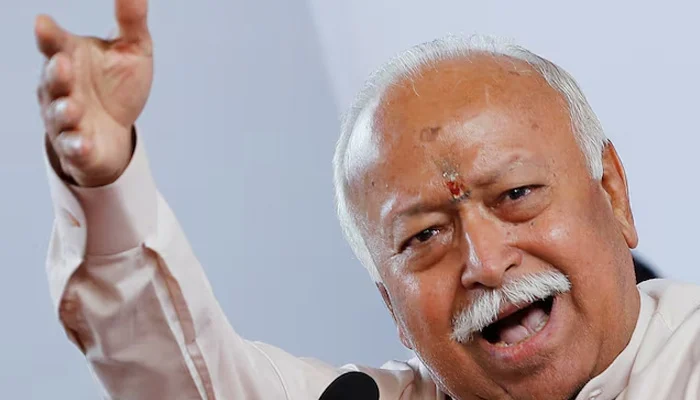NEW DELHI (Reuters) – Mohan Bhagwat, head of the Rashtriya Swayamsevak Sangh (RSS), has called on Indian families to have three children, warning that declining fertility rates pose long-term risks for the nation’s demographic balance and future capacity.
India, now the world’s most populous nation at 1.46 billion people, has seen its total fertility rate fall below two children per woman, according to the UN Population Fund’s 2025 report. Bhagwat said the population must remain “controlled, yet sufficient,” suggesting in the national interest that every family should have three children and limit themselves to that number.
His remarks, delivered during a lecture marking the RSS’s centenary, reflect growing concern among nationalist leaders and regional politicians about demographic stability and cultural identity. Hardline groups have long highlighted higher birth rates among minorities as a concern, though recent data shows fertility rates are declining across all communities, including Muslims.
While the RSS formally identifies as a cultural organisation promoting Hindu values, it holds deep influence over Indian politics through its nationwide grassroots network and close ties to the ruling Bharatiya Janata Party. Prime Minister Narendra Modi and several senior ministers are long-time RSS members, and many BJP policies echo RSS positions.
Bhagwat rejected accusations that the RSS is hostile to minorities, insisting the organisation regards all citizens equally. “Our ancestors and culture are the same. Worship practices may differ, but our identity is one. Changing religion does not change one’s community,” he said. He added that mutual trust must be built and urged Muslims to overcome fears that cooperation would compromise their faith.

